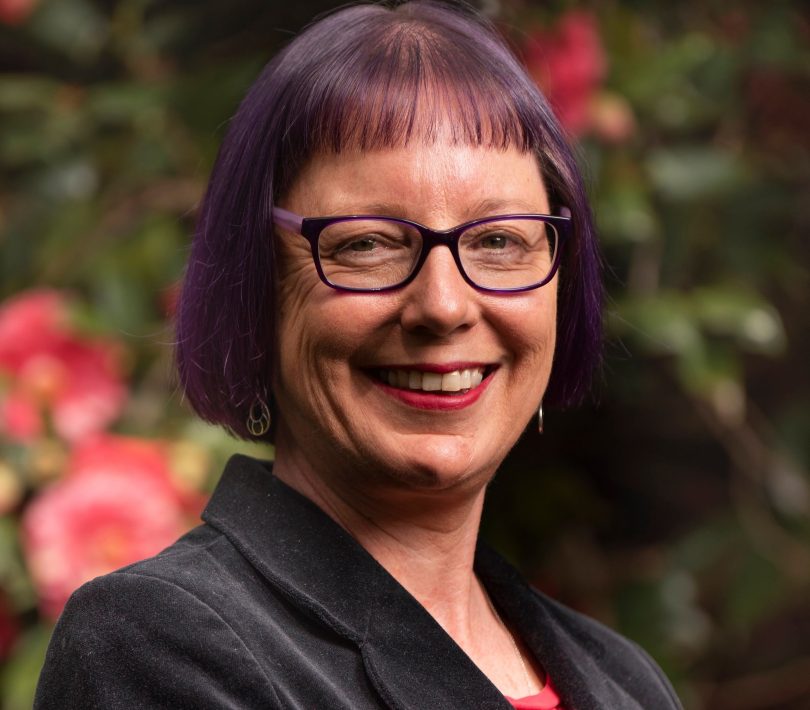
Working from home is now very much part of the work landscape. Photo: File.
The pandemic has produced a seismic shift in APS staff expectations about flexible work that is already starting to impact recruitment policies and workplace agreement negotiations, according to new research from UNSW Canberra.
A Public Service Research Group survey last year of 5000 APS staff in partnership with the CPSU found that more than a third of employees would like to work from home all the time or for 80 per cent of the working week, and 45 per cent said that if their agency did not allow them to work from home, they would consider changing agencies or leaving the APS altogether.
Associate Professor Sue Williamson said the pandemic had been the great equaliser of access to working from home, and now that so many have had the opportunity, they say they like it and want to keep doing it, at least for a couple of days a week.
“But what we found was that there is a mismatch between people’s preferred working hours and their actual working arrangements,” Dr Williamson said.
So there remains great potential for a redrawing of the work landscape in years to come.
Associate Professor Williamson said fewer than 10 per cent wanted to be in the office or their regular workplace full-time.
“So there has been a huge change in people saying that they just don’t want to be at their usual pre-pandemic workplace anymore, and they want to keep working from home either two or three days a week,” Associate Professor Williamson said.
She said the main driver was ditching the commute so they could spend more time with the family, improve their work/life balance or even get more work done.

Associate Professor Sue Williamson: “The whole employment landscape is shifting.” Photo: UNSW Canberra
Government and agencies are now having to deal with these raised expectations and come to terms with the fact that a hybrid of office and remote working, including from home, is the future, not just in the public sector but across the private as well.
In a competitive employment market, the amount of flexibility an agency can offer is now in play when it comes to attracting and keeping staff.
“I know that APS agencies are looking at their employee value propositions at the moment,” Associate Professor Williamson said.
“They’re looking at their working from home policies, they’re looking at their EBP [enterprise bargaining policies] to see what it is that they’re offering employees to make them stay and attract new employees, and increased flexible working and working from home will, I think, become more dominant as employees start to think about their employee value propositions.”
It also fed into the growing work-from-anywhere movement.
“We asked managers whether they thought that their agency could advertise positions in a broader range of locations because of working from home, and a quarter of them said that it did,” Associate Professor Williamson said.
“So a quarter of managers think that their agency is now able to advertise in a broader range of locations which means that they can access a broader talent pool and get the best employees.
“And so the whole employment landscape is shifting at the moment, and this is going to play out for the next couple of years as hybrid working becomes entrenched and work from anywhere becomes more common.”
This supports what recruiters have been saying, with more agencies accepting staff who can work remotely outside Canberra or wherever the role is based.
Associate Professor Williamson said the big tech firms had led this approach, and it was now filtering down to the public service.
She said the research also showed that some agencies were trying to balance employees’ and government expectations by capping the number of days staff could work from home to two or three days a week, although some managers said they did not mind if their staff were at home more.
“So it’s interesting because the cap is impinging on managerial prerogative,” Associate Professor Williamson said.
But respondents also acknowledge that not all work can be done at home and that there can be downsides.
“We all know that working from the office or the usual workplace is also beneficial because the survey results show that it’s more difficult for people to network and mentor and coach each other and to have those incidental communications and water-cooler conversations when there was remote work,” Associate Professor Williamson said.
“So people do realise that, but they are also very strongly telling us that they want to work from home two or three days a week.”
While the Omicron wave has put some return to work plans on the backburner, flexible working will remain on the agenda.
Associate Professor Williamson will launch the full report on 15 February with CPSU National Secretary Melissa Donnelly and Dr David Schmidtchen from Synergy’s creativeXpeople practice.


















